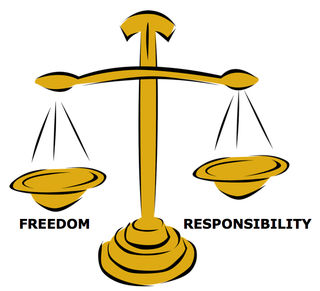By Joel Batson –Tōtara Teacher
As I ponder the country having to yo-yo between alert levels, it strikes me that the task given to us adults (teachers and parents/whānau alike) is a massive one. The extent to which we instil in the ākonga around us a sense of social awareness and responsibility can have lasting effects for all involved for a long time to come. So it behoves us to fully grasp the idea that ‘with great freedom comes great responsibility’. The actions of single individuals can end up having huge ramifications for large numbers of people and their related communities both positive and negative.
These ideas of freedom, responsibility, discipline and social development are all interdependent and interconnected. They depend upon each other. Yet, this idea of giving freedom to the child is one of the hardest ideas in Montessori to understand. It is often misunderstood. And it is even harder to implement!
A world used to exist where children were best ‘seen and not heard’. The level of freedom was low and the level of expected responsibility was quite different. Nowadays we generally tend towards a different norm where children are in some cases given as much freedom as fully developed adults, yet they are unable to cope with the responsibility that comes with it. Sometimes, the focus is on making sure everyone ‘feels’ good as opposed to ‘what do you think about that?’ This is a question that appeals to the reasoning mind. Unfortunately for some, learning new and needed things can and should take some hard graft, which, at the time, often doesn’t feel that good!
In the Montessori classroom we try to give children as much freedom as they can cope with in order to independently self-construct. It is not complete freedom. It is the amount of freedom ākonga are able to make good choices with (showing a sense of discipline), based on observation and appropriate for whatever age and stage of social development they are at.
Boundaries and limitations balanced with affection and a sense of belonging are key here. And for us, these are made concrete in what we call the prepared environment. Our environments, including the adults in the room, are prepared in such a way in order to give ākonga the best chance to develop a sense of social awareness and discipline through experiencing limited freedoms and the corresponding responsibility at every level.
“Individual freedom is the basis of all the rest. Without such freedom it is impossible for a personality to develop fully. … Freedom is the necessary foundation of organised society. Individual personality could not develop without individual freedom. Only individuals can unite to form a society.”
Dr Montessori, Education and Peace, pp.101-102 (Clio)
Implicit in the above quote from Dr Montessori is the fact that freedom implies responsibility. Without responsibility, freedom ultimately becomes a lack of unity.
